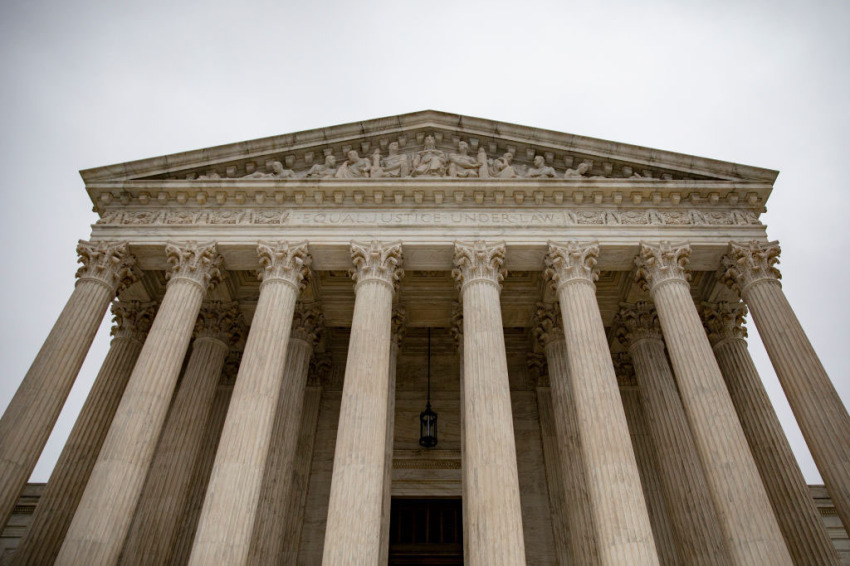Supreme Court declines $100M Episcopal Church property case, lets breakaway diocese's victory stand

The U.S. Supreme Court has declined to hear an appeal from The Episcopal Church over a dispute with a breakaway Texas diocese leadership over an estimated $100 million in church property.
In orders released Monday, the high court denied certiorari in the combined cases of All Saints’ Episcopal Church v. Diocese of Fort Worth and The Episcopal Church et al. v. Diocese of Fort Worth.
As a result, an earlier ruling awarding the 60 church properties to the breakaway diocese that voted to leave the denomination over theological differences on issues like same-sex marriage and the ordination of women will stand.
The breakaway diocese's Bishop Ryan Reed said the court's decision marked "a turning point" for the diocese.
"After directing so many resources to this dispute, we can now put our entire focus on Gospel ministry and Kingdom work," Reed said in a statement. "We are nearing completion on a strategic plan that will keep us focused on sharing the transforming love of Jesus Christ and our mission to equip the saints for the work of ministry."
The Christian Post reached out to The Episcopal Church for comments on the decision. A response is pending.
In 2008, a majority of the Fort Worth Diocese voted to leave The Episcopal Church over the overall liberal theological direction of the mainline Protestant denomination.
A prominent example was the ordination of The Episcopal Church’s first openly gay bishop, the Rev. Gene Robinson, which resulted in other churches and dioceses leaving the denomination.
The Fort Worth diocesan leadership then decided to join the Anglican Church in North America, a more theologically conservative denomination.
Years of litigation followed over who rightfully owned the approximately $100 million in church property — the mainline denomination or the departing Texas-based diocese.
The Episcopal Church argued that it controlled the property via the Dennis Canon, which labeled all church properties as being held in trust for the denomination's benefit.
In 2018, the Fort Worth Court of Appeals ruled in favor of The Episcopal Church. The court noted that the parties agreed that the corporation held legal title to all property in dispute.
“Individual members of a parish may decide to worship elsewhere; a majority of individual members of a parish or diocese may decide to do so,” stated the ruling, in part.
“But when they leave, they are no longer ‘Episcopalians’ as identified by TEC; they become something else. And that something else is not entitled to retain property if that property, under the terms of the deed, is held in trust for a TEC-affiliated diocese or congregation.”
In May 2020, Texas Supreme Court partially reversed the earlier ruling against the breakaway group, citing changes made to the diocese’s constitution and canons in 1989.
“While it is true, as TEC says, that the diocese’s organizational documents prohibited the adoption of canons inconsistent with the national church’s constitution and canons, revocation is not inconsistent with a revocable trust,” wrote Justice Eva Guzman for the state supreme court.
“Moreover, in the twenty years between revocation and eruption of a dispute over the property, TEC lodged no objection to the amended canon and does not now contend the 1989 amendment is invalid for any other reason than purported ‘inconsistency.’”



























